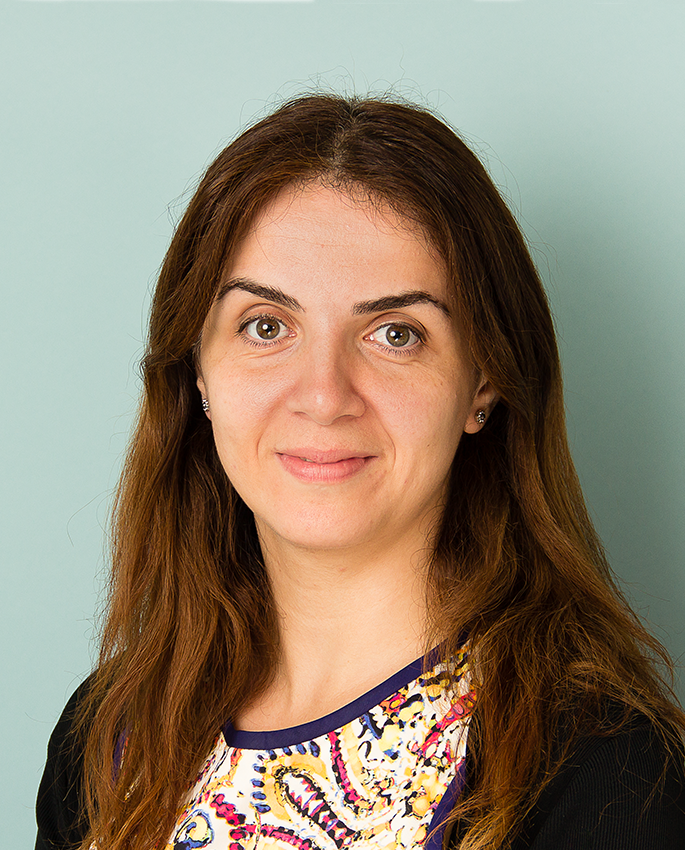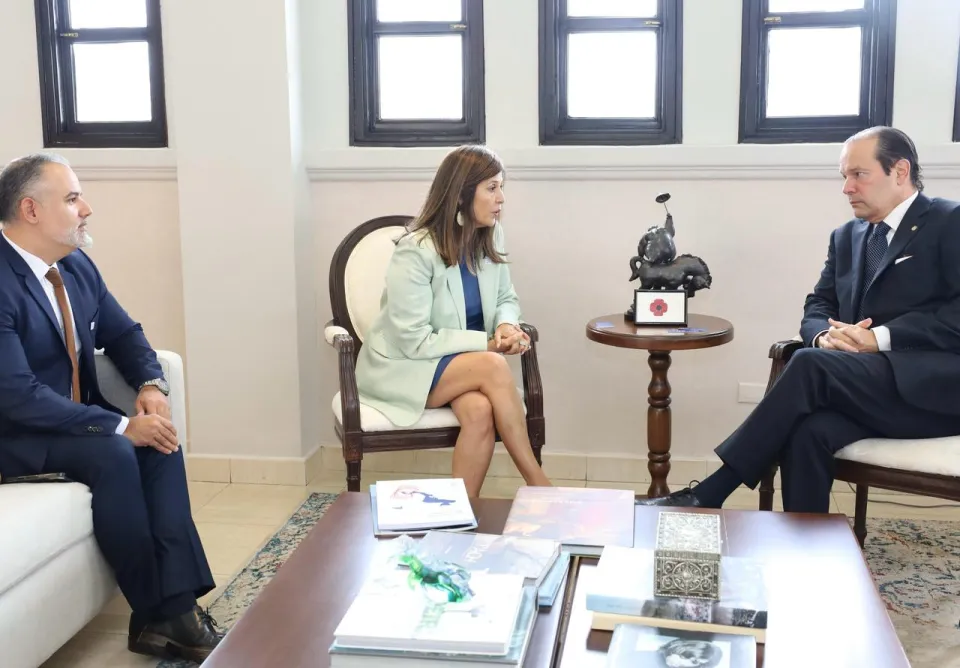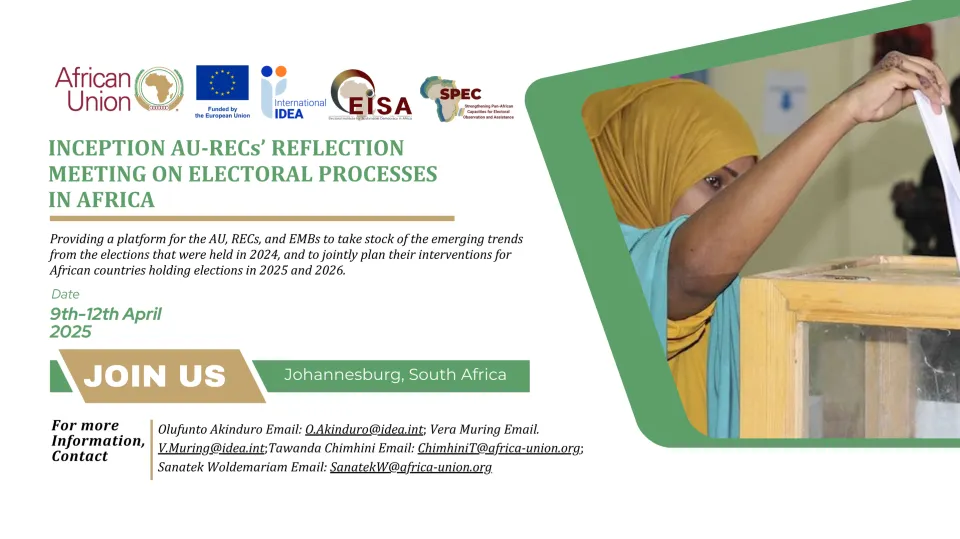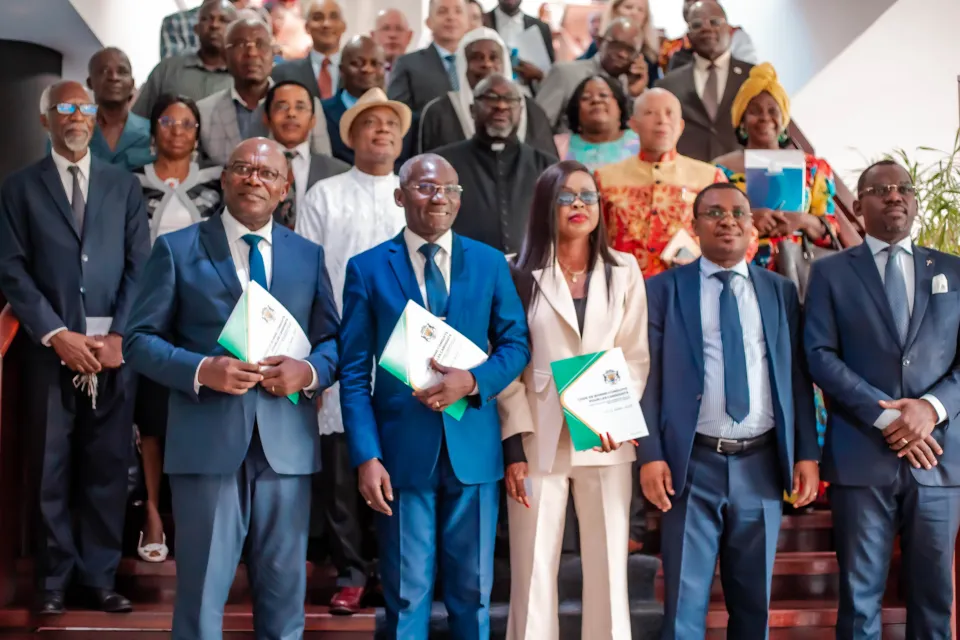Preliminary Report on social media monitoring in Moldova highlights the need to regulate online political campaigning
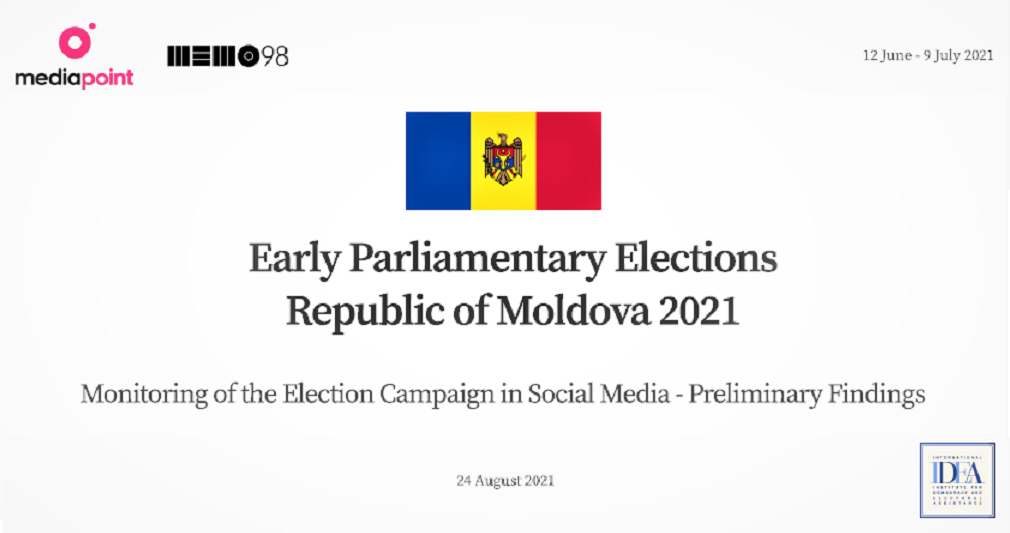
In Moldova’s recent parliamentary elections, social media formed a prominent environment for election campaigning. To promote transparency and ultimately the integrity of the electoral process, International IDEA supported a Moldovan democracy watchdog MediaPoint and its partner, a Slovenian non-profit media monitoring agency MEMO98 in monitoring social media during the early parliamentary elections in July 2021.
The monitoring aimed to shed more light on how electoral contestants used social media networks and their diverse tools, how did Moldova’s electorate interact with them, what was the volume of sponsored content, and what sentiments were most popular across a variety of groups and channels. The monitoring focused on pages of 23 parties and blocs and 17 political leaders on Facebook, Instagram, Odnoklassniki, Telegram and YouTube. In addition, the monitoring followed and dissected key sentiments on 152 public groups and channels on Facebook, Odnoklassniki and Telegram.
The presence of Moldovan citizens on social networks has gradually increased in recent years, with some notable changes, such as the migration of users from Russian-language platforms Odnoklassniki and Vkontakte to Facebook and Instagram, with the latter now having about 1.6 million users. While television remains the main source of political information, in the past several years, the use of social media for political and electoral campaigning has increased significantly.
Facebook was the most popular social media platform during the recent campaign, hosting about 4,943 posts from all political parties and their leaders and 2,91 million total interactions. Odnoklassniki, in contrast, was used by only four parties and nine political leaders, with 957 total posts and 70,542 interactions. The narratives promoted in groups and channels on Facebook, Odnoklassniki and Telegram channels reflected the existing polarisation of Moldovan society between pro-and anti-Western sentiments. The most commonly echoed concerns in public groups were about Moldova’s largely stagnating socio-economic conditions and who is responsible for the country’s current state of development. The monitoring identified several cases of disinformation and dissemination of manipulative content through anonymous public groups and channels. Especially Odnoklassniki and Telegram proved to be a place, where spreading false information and hate speech is relatively easy, given a lack of oversight by these platforms.
These findings highlight that as the use of social media networks continues to grow, the risks it carries for electoral integrity and democratic politics is growing too. Implementing necessary monitoring and oversight of electoral campaigns on social media networks is a complex and difficult undertaking, with often insufficient mandates and capacities among both, state and civil society oversight bodies. To improve the integrity of online electoral campaigns and enhance public resilience to disinformation, currently existing campaign regulations should be continuously reviewed and adjusted to emerging new forms of online social networking. For this aim, dialogue between state oversight bodies, political parties, civil society and online platforms is vital and urgently needed.
The Preliminary Report may be accessed here.
